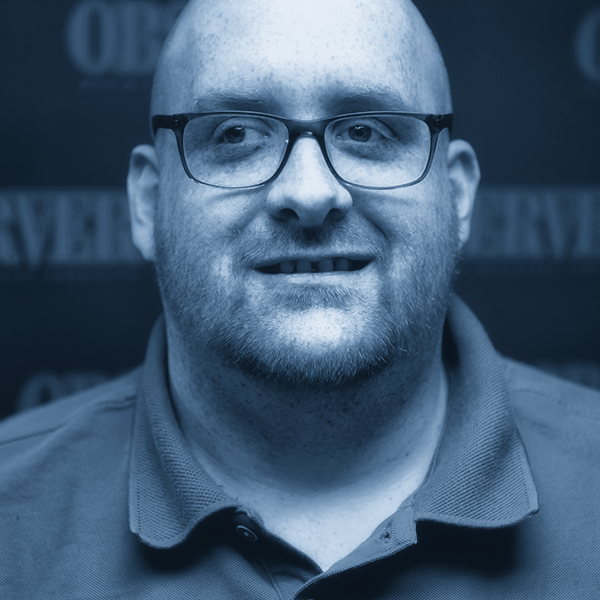A former Elmira resident is undertaking an effort to help those in Waterloo Region be a little more inclusive in their language.
Tommy Mayberry, the executive director of the Centre for Teaching and Learning at the University of Alberta, is getting set to host a virtual talk through the regional library entitled Gender Pronouns and Creating Cultures of Respect.
“It all comes back to respect and it comes back to how we respectfully and responsibly engage with everybody and who they are as whole people,” said Mayberry, who uses the she/he/they pronouns.
The talk on May 18 at 7 p.m. was born out of a tip sheet for pronoun use which Mayberry developed while they were a PhD candidate at the University of Waterloo. Given the more professional style of the workshop, it is for adults only, however Mayberry said younger generations are already more inclusive in their language.

“I do think in some ways younger generations today, especially teenagers and folks in high school, they’re definitely way more aware and on top of inclusive language and specifically gender identity and expression then older generations might be,” Mayberry said.
Inclusivity is really about making an effort, Mayberry said.
“It’s about meeting people where they are. Someone who you’ve known for your entire life, if they’re now telling you ‘this is my name, and these are my pronouns,’ they’re choosing to keep you on their journey. That’s a powerful gift that that person’s giving you because, of course, they don’t have to, as they’re learning who they are and becoming who they’re supposed to be. They’re choosing to keep you with them,” they said.
The impact of someone using the wrong pronoun to refer to another is very personal, but can also be devastating, Mayberry said.
“Everybody has their own stories and has their own journeys and so we never can know that, which means even more, so we need to be respectful and responsible because we won’t know what someone’s been going through,” they said.
There are also people who will use a person’s non-preferred pronouns as a way of hate, Mayberry explained.
“Folks who have their baby name referred to them or folks who have the wrong pronoun referred to them, that can often feel really aggressive or really uncomfortable or embarrassing, or, depending on each individual person and different traumas or pieces they’ve gone through in their life with their gender and sex identities,” they said.
“I’d like to think that it’s a rare occurrence that people will purposefully do it but it does happen,” Mayberry added.
While the EDSS grad acknowledged that there are a number of issues – the increasing number of trans women killed being one – using inclusive language is one step in solving these issues, Mayberry said.
“Being able to do this kind of public community engagement work as a teacher, as somebody who is involved in public scholarship… if I’m able to bring this work to communities, and engage in what I call learning but also unlearning and relearning, we can hopefully keep moving forward as societies to places where we don’t see these things as needing to be killed. In my work, I talk about this at the level of language where if you can use words that take away someone’s humanity, you can actually make it easier to exterminate that person,” Mayberry said.
“My talk… may seem like a small drop in the bucket and yet at that level of language that’s where so much of this comes from. And so being able to engage in community conversations, being able to learn things differently, think of things differently and hopefully move past those biases and not hate as a society. We will be able to actually stop all of this that is happening.”
More information can be found online at the Region of Waterloo Library website.









